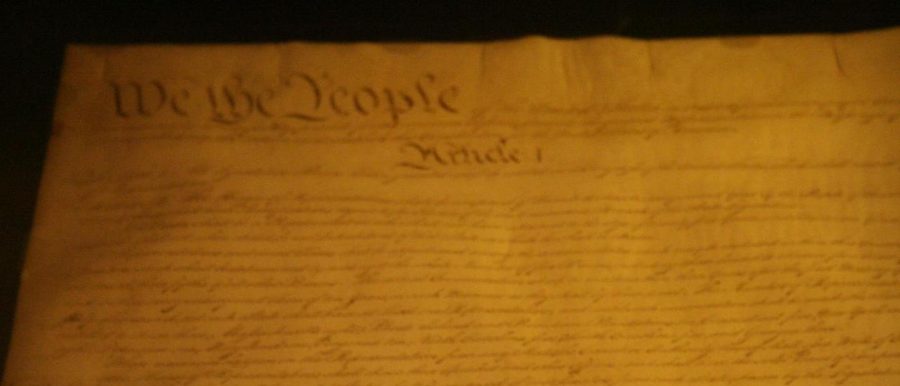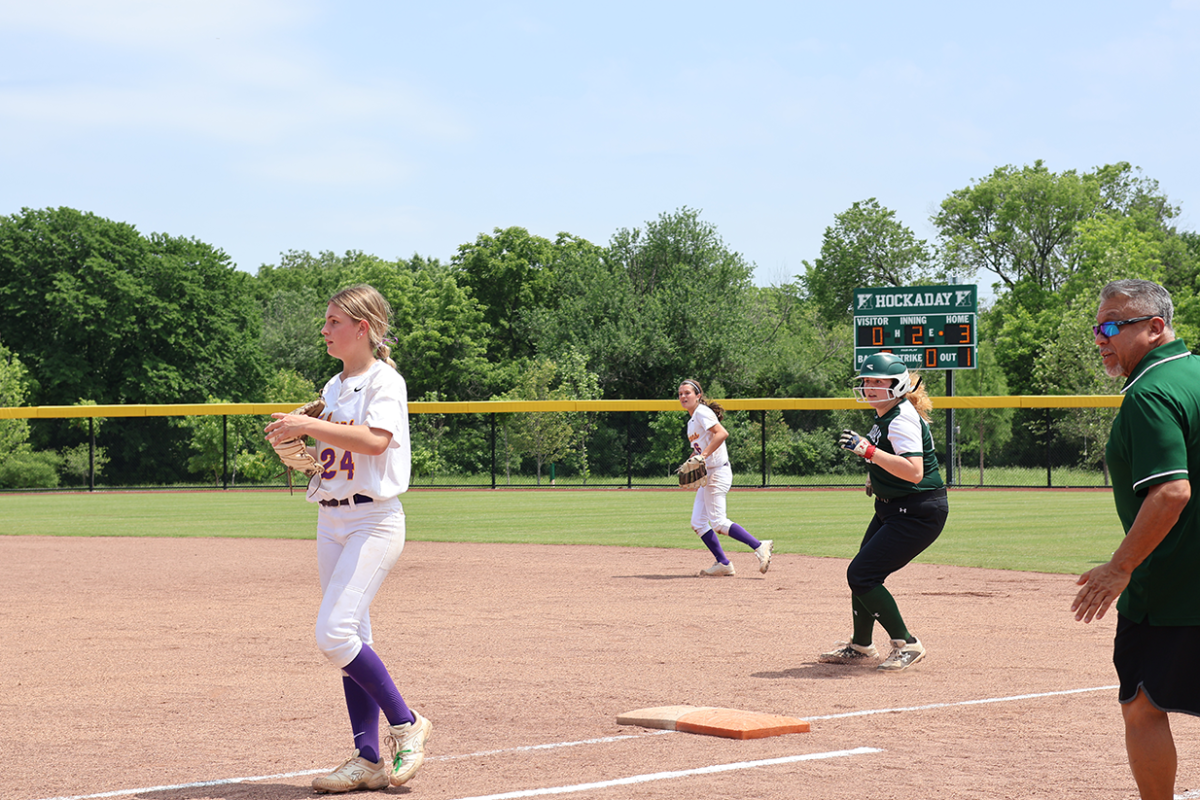During World War I, Charles Schenck, the secretary of the Socialist Party of America, distributed leaflets to draft-age men, arguing that the conscription amounted to “involuntary servitude” and that the war was fueled by capitalist greed.
The U.S. government then charged Schenck with violating the Espionage Act of 1917 by attempting “to cause insubordination … in the military and naval forces of the United States.” Schenck retorted that the Espionage Act violated the First Amendment. The case made it all the way to the Supreme Court, ultimately ruling unanimously in favor of the U.S. government and limiting the freedom of speech during wartime.
Almost 100 years later, the freedoms of speech and press remain under attack in America. Reporters without Borders, the world’s largest nongovernmental organization dedicated to media freedom, annually ranks countries based on freedom of the press, and in 2016, the U.S. ranked 41, behind countries such as Finland, Costa Rica and Namibia.
For a country that prides itself on civil liberties, this ranking is a national disgrace.
Although these rights are guaranteed (most of the time) by the U.S. Constitution, journalists continue face significant obstacles in reporting. In the 2016 election cycle, the two major candidates for president have repeatedly mistreated journalists and have refused to remain transparent with the press.
It has been over 270 days since Hillary Clinton, the Democratic nominee, has held a press conference although she has had several one-on-one interviews and townhalls.
In addition, the Republican nominee Donald Trump has his own problems with the media. Beginning with his feud with Fox News reporter Megyn Kelly, Trump has verbally assaulted journalists for reporting what he perceives as “biased” stories – or what we call in journalism the facts. He has denied credentials to multiple news outlets, including Univision, Buzzfeed and the Washington Post.
Trump certainly made his feelings clear when he said, “I think the political press is among the most dishonest people that I have ever met, I have to tell you.”
These actions taken by the two candidates undermine our democracy. If the voters do not have access to the full truth regarding our candidates, how can they be expected to make an informed decision at the polls?













